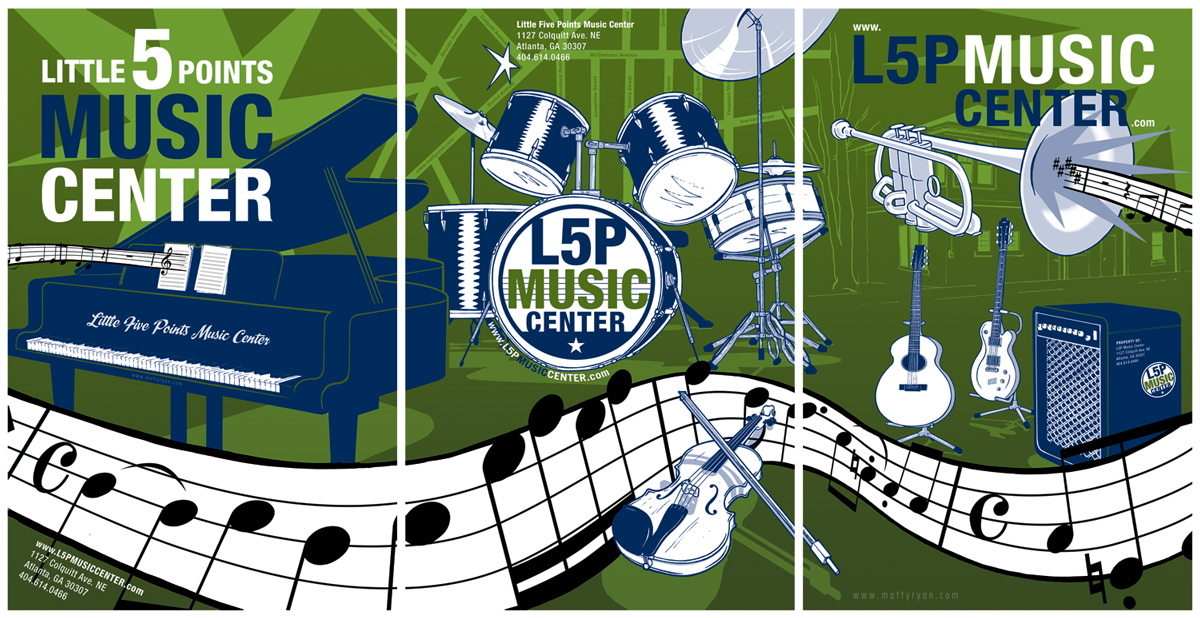- HomeWelcome
-
InformationFaculty, Programs, Locations
- Elementary School Programs
- Middle School Programs
- High School Programs
- Adult Programs
- Programs
- Administration & Faculty
- Locations
-
Register
- Register for Lessons Core Program
- Register for AMPAfterschool Music Program
- Day Camp: Winter, Spring, Summer Breakfor grades K-5
- Summer Performance Workshopgrades 6-8, 9-12+
- Register for GAPGap Year and Apprenticeship Program
- ATL Mass Brass Workshop Summer 2019
- Atlanta Music High Registration
- Strings Now Workshop
- Resourcesfor Current Students
- Contact Us

Phil Sims
Thursday, 24 August 2023 11:45
CSD Winter Break: Gaming Music Camp 1
Published in
Gaming Music Camp
Tagged under
Monday, 21 August 2023 15:00
Khesner Oliveira, Summer Resident Artist
Published in
Drum Lessons Faculty
Tagged under
Monday, 21 August 2023 14:55
Anna Dotsenko
Published in
Piano Lessons Faculty
Tagged under
Monday, 21 August 2023 14:53
Anna Dotsenko
Published in
Brass & Wind Lessons Faculty
Tagged under
CMC Programs Sorted by Age
we're celebrating 18 years
Since 2007
A Note from the Founders & Directors
Welcome to Community Music Centers of Atlanta
CMC Atlanta is a music education company founded in 2007 as the L5P Music Center. In the nearly 20 years since our founding, we've grown from offering music lessons at a single site to a network of local community music schools (Decatur, Dunwoody, Inman Park, Little 5 Points and Brookhaven) that offers an array of innovative, but historically-informed music education programs to students of all ages and skill levels. Working in collaboration with Capstone Academy, an accredited private school, we also created a high school conservatory program, Atlanta Music High School, which opened in August 2017.
Read more...
